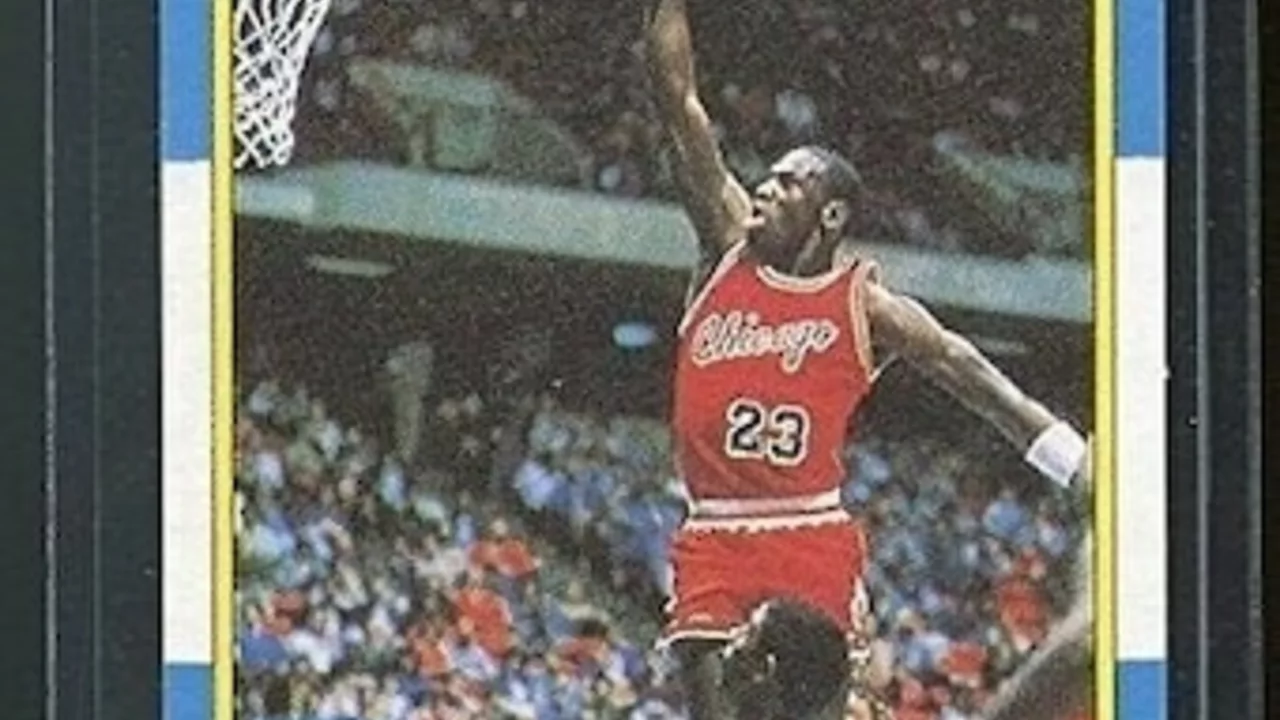Sports Memorabilia and Collectibles: Your Quick Guide to Scoring Big
Thinking about buying a piece of sports history? Whether you’re after a signed jersey, a vintage baseball bat, or a Michael Jordan basketball card, the right pick can boost your collection and maybe even your wallet. Let’s break down what makes a good find and how you can tell a hidden gem from a plain piece.
Why Collect Sports Memorabilia?
Collecting isn’t just a hobby – it’s a way to own a part of a game you love. A signed ball feels personal, a retro shoe sparks nostalgia, and a rare card can become a conversation starter. Plus, the market for authentic sports items has grown a lot in recent years. That means you can enjoy the thrill of the hunt while watching values rise over time.
How to Spot Valuable Basketball Cards
If you’ve ever wondered how much a Michael Jordan basketball card is worth, start with three basics: condition, rarity, and provenance. A card in near‑mint condition that’s part of a limited release will fetch more than a worn‑out copy. Look for grading certificates from reputable companies – they’re a quick way to prove quality to buyers.
Take the classic 1986‑87 Fleer Michael Jordan rookie card as an example. A high‑grade version can hit six‑figures, while a lower‑grade one might sit in the thousands. The key is to verify the card’s authenticity and keep it protected in a holder or sleeve. Simple steps like this keep value intact.
Beyond cards, think about signed memorabilia. A jersey with a genuine autograph and a clear line of ownership can be worth a lot more than an unsigned one. When you’re buying, always ask for a photo of the signature being made or a certificate of authenticity. It’s a small ask that saves you from headaches later.
Another tip: follow auction results. Sites that track sales give you real‑time data on what collectors are actually paying. If you see a pattern – say, Jordan cards from a specific year consistently selling high – that’s a signal to keep an eye on similar items.
Don’t ignore the story behind the item. A ball from a championship game, a program from a historic match, or a piece of equipment used by a legendary player adds emotional value. Collectors love a good story, and it often translates into a higher price tag.
Now, where to start building your collection? Check local sports shows, online marketplaces, and specialty forums. Many collectors trade or sell items in small batches, which can be a great way to pick up a few pieces without breaking the bank. Always ask for clear photos and, if possible, a short video of the item.
Lastly, protect what you own. Store cards in low‑humidity sleeves, keep autographs away from direct sunlight, and consider a safe deposit box for high‑value pieces. Proper care not only preserves the item but also keeps its market value strong.
Ready to start? Browse the sports memorabilia section on Korfball Clubhouse UK, explore our guides, and join a community that shares tips, trades, and success stories. You don’t need a huge budget – just curiosity and a bit of research. Happy hunting!
